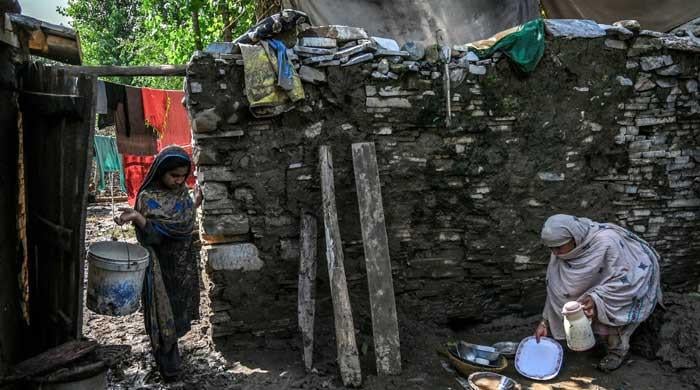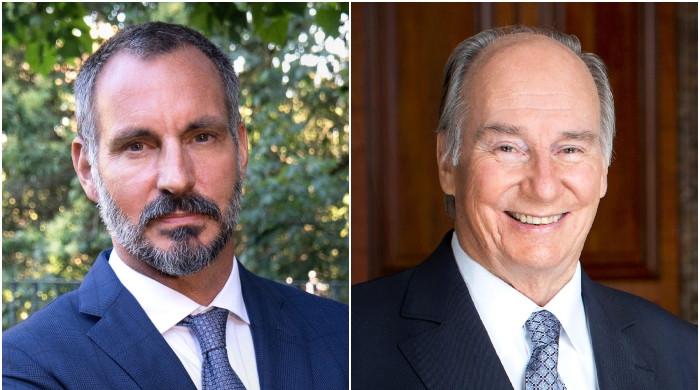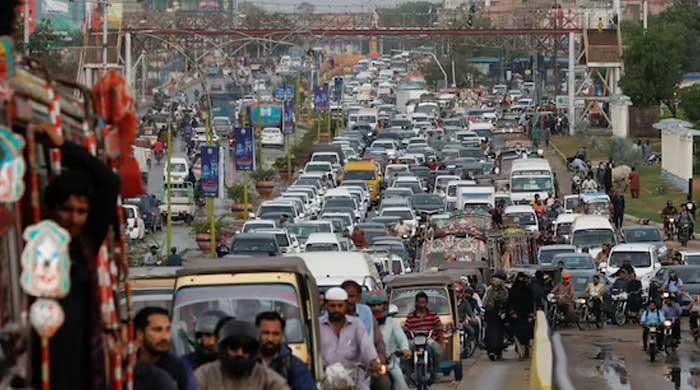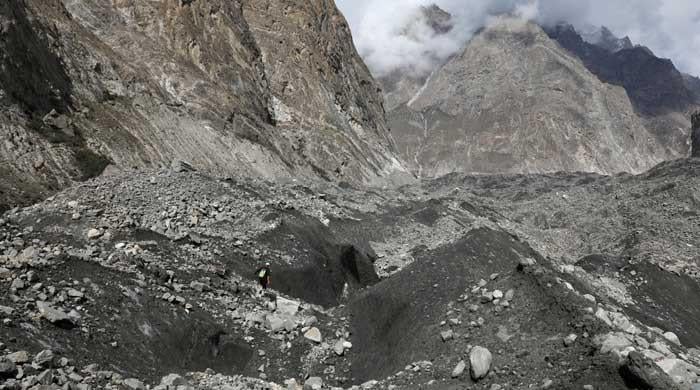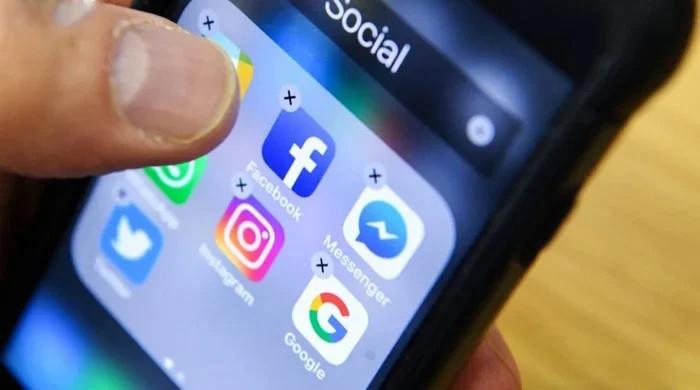Blog: The (im)perfect victim
What 'requirements' should a woman have to fullfil for her rape allegations to be, for once, not doubted outright? To not have her character dissected in courts and police stations for daring to...
March 31, 2018
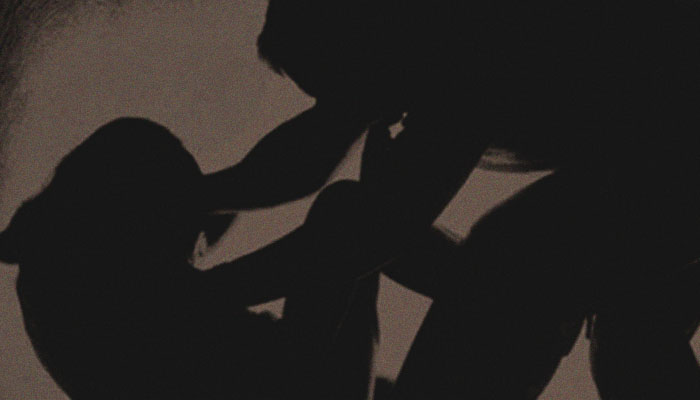
She was the woman who did not fit into society’s idea of a “rape victim”. Eyes glued to the floor, mousy and helpless etiquette, donning socially acceptable, “modest” clothing—Suzette Jordan was anything but. She refused to be known as the Park Street rape victim—that was the name given to her by the media—disclosed her true identity and fought. Fought her perpetrators in courts, battled rape culture in the society, and took attacks on her character head-on. She did not fit; she refused to be the “perfect victim”.
Jordan was gang-raped in February 2012 in the Indian city of Kolkata. Left bruised and battered by a group of men, her horrendous ordeal did not stop that night—it merely brought out the ugly reality of a society which considers women liars, manipulators, schemers for daring to report sex crimes.
What do rich women know about sexual harassment? It’s just a joke on the internet, get over it. Stop being sensitive, it’s a cruel world out there. Control your anger, you won’t go anywhere in life with that temper. Fat and dark-complexioned? Well, good luck dodging unsolicited advice by random aunties and "nice guys".
It seems in a society like ours, there is no way for a woman to have her grievances taken seriously. There are carefully-constructed societal roles for everyone—but the penalty for refusing or failing to adhere to guidelines set by the patriarchy is far worse for women and sexual minorities. That different hierarchies of oppression can exist in a society is a concept alien to those sick of listening to “rich women complain”.
One would think it is perhaps only Shermeen Obaid Chinoy who received flak for being rich and powerful and daring to report the emergency doctor who sent an unsolicited Facebook friend request to her sister. Or middle-class women like us who are routinely asked to “get over” threats of violence and rape on the internet because poor women have it worse. Or those “elite” women talking about having the freedom to loiter in dhabas like men.
No sir. Misogyny is institutionalised in the country, which has not treated poor and marginalised women any better. The Supreme Court’s 2011 judgement in the Mukhtaran Mai rape case comes to mind. The court had asked why a “grownup lady, who is a divorcee for many years” would take so long to report rape, as opposed to “in a case of an unmarried virgin victim of a young age, whose future may get stigmatised, if such a disclosure is made”. Then there was former military dictator Pervez Musharraf who said in an interview to Washington Post that women “cry rape” to get a foreign visa.
The trend of casting doubts on the allegations of a sex crime victim transcends culture and societies. Young college and university women in the West are often blamed by media and society for ruining the “bright future” of say, an aspiring soccer player. The #Metoo movement by Hollywood celebrities was a testament to the fact that women were harassed and sexually assaulted by men in power far more than one would have imagined. But even it came under attacks by men and women who called it a witchhunt. Those whose first response to a rape allegation is to doubt a victim’s integrity suddenly changed into vociferous advocates of the “innocent until guilty” principle.
Where do these stereotypes about women being liars, vindictive and manipulative originate from, one wonders? What “requirements” should a woman have to fullfil for her rape allegations to be, for once, not doubted outright? To not have her character dissected in courts and police stations for daring to endure the unforgiving rape culture and report the crime?
The questions are too many and the answers unpopular and hard to digest. For a woman, though, being viewed as an individual, a human being, defined independent of her male relations, would be the beginning of the end of a rigid moral code, failing to adhere which results in them being the society’s “imperfect victims”.
The writer works at Geo. She tweets @Sindhu_Abasi




